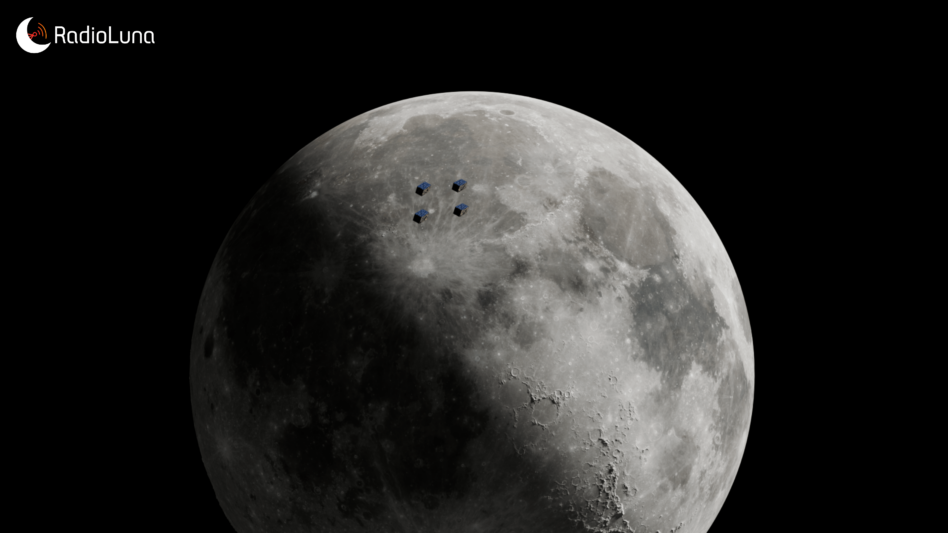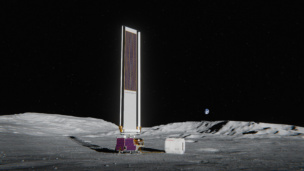Blue Skies Space, a UK-based startup, will design a Moon-orbiting cubesat constellation to search for the oldest signal from the ancient universe.
The Italian Space Agency awarded the company, which also has offices in Italy, a contract for an undisclosed amount to evaluate the feasibility of building such a cubesat fleet. The constellation of at least four satellites would listen for a distant cosmic radio signal, which cannot be detected on Earth due to human-made radio interference.
Do you hear what I hear? That faint noise, also known as the cosmic dawn signal, was produced in the earliest era of the universe by hydrogen atoms energized by the light from the first emerging stars.
Blue Skies Space said the constellation, dubbed RadioLuna, could launch within five years of the study’s completion. The project could move quickly in part because the cubesats will be based on commercial off-the-shelf parts, according to the company.
“The idea for this project stemmed from the global efforts to develop the lunar economy,” Marcell Tessenyi, CEO and cofounder of Blue Skies Space, said in a statement. “Programs by space agencies such as the European Space Agency’s Moonlight or NASA Artemis can provide the transport, communication and timing infrastructure to projects such as RadioLuna.”
Meet Blue Skies: The startup, founded in 2014, is proposing a new business model for the acquisition of astronomical data, which would rely on subscriptions from scientific institutions rather than on fully government-funded projects.
The company’s first spacecraft, Mauve, is set to launch this year. The mission will study flares and magnetic activity—emitted by stars in our galaxy—to help understand how stellar activity affects the habitability of nearby exoplanets.
Another mission, a telescope called Twinkle, will study atmospheres of known exoplanets orbiting nearby stars, among other targets. That mission was originally expected to launch in 2024, but has since been delayed.




